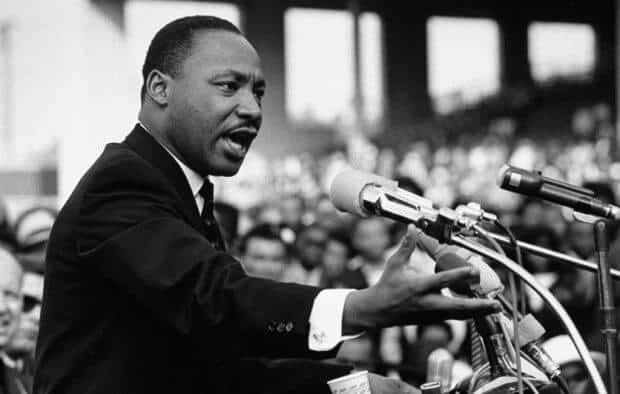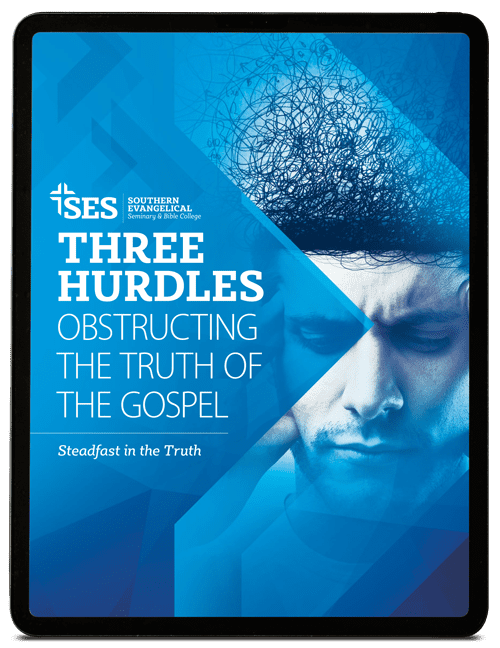The New York Times has now devoted huge resources to its 1619 Project, an extremely ambitious attempt to “reframe the country’s history by placing slavery at the very center of the story we tell ourselves about who we are.” Why? Because The New York Times believes that slavery was far more than America’s original sin: “It is the country’s very origin.” Therefore, they conclude, “Out of slavery grew nearly everything that has truly made America exceptional.” The project attempts to argue that slavery has been the defining issue for America from the beginning, which they place at 1619 when the first African slaves landed on the shores of North America, not 1776 when the American colonists issued the Declaration of Independence.
Slavery and the racism it required in the terrible aftermath of Jim Crow has undeniably significantly impacted America and Americans, black Americans, most of all, and it still impacts us. As William Faulkner once said, “The past is never dead. It’s not even past.” As a history major, I firmly believe that the past always impacts us. But The New York Times is engaging in revisionist history of the worst sort. Slavery was not at the very center of the American project from the very beginning. And it’s not foundational to every aspect of American life. Absolutely not. Slavery has never defined the country and its vision of itself as it morphed from the city on a hill to the last best hope of mankind. In fact, America is the first nation in the history of the world not based on race or ethnicity. It’s based on the belief that all men are created equal and endowed by their Creator with certain unalienable rights. And we’re still trying to live out that vision and fulfill that promise. That’s why so many people from all around the world still want to come here so badly.
The New York Times is arguing far more than the fact that slavery impacted every aspect of American life. They believe it defined and defines every aspect of our nation from the beginning, an absurd and dangerous claim.
As the Washington Examiner’s Byron York observes, “The basic thrust of the 1619 Project is that everything in American history is explained by slavery and race.” One example from The Times, “If you want to understand the brutality of American capitalism, you have to start on the plantation.” One can acknowledge, as I do, that every plantation should be correctly viewed as a slave labor camp and still not believe it defined American capitalism, which is the envy of the world and has produced more wealth for more people than any other system ever devised here on this planet.
And America didn’t begin in 1619. American civilization developed along the Atlantic seaboard of North America with the Puritans in New England; the Dutch, and the British and the Quakers in the middle colonies; and the British and French Huguenots in the South. By 1776 a distinct English-speaking civilization had developed on what was to become America. And while it was certainly significantly impacted by the evil of slavery and the racism slavery required, it was not the defining character of this new nation.
Even as Englishmen bound by the blind spots of their time and place in history, our forefathers envisioned a new kind of nation where all men were created equal and endowed by their Creator with certain unalienable rights and that among these were life, liberty, and the pursuit of happiness. Even in their time many of them knew that slavery was wrong. The Declaration’s chief author Thomas Jefferson, himself a slave holder, declared in words carved in the marble of the Jefferson Memorial:
“God, who gave us life, gave us liberty. I tremble for my country when I reflect that God is just, that His justice cannot sleep forever. Commerce between master and slave is despotism. Nothing is more certainly written in the Book of Faith then that these people are to be free.”
In the darkest days of the Civil War, when over 300,000 young American men sacrificed all their tomorrows to end the evil of slavery, President Lincoln declared:
“We hope,” he said, “that the mighty scourge of war may speedily pass away. Yet, if God wills that it continue until all the wealth piled up by the bondsman’s 250 years of unrequited toil shall be sunk, and until every drop of blood drawn with the lash shall be paid by another drawn with the sword … the judgements of the Lord are true and righteous altogether.”
Lincoln understood. Lincoln was working to make America indeed the last best hope of mankind.
I did my bachelor’s thesis at Princeton a half century ago on the subject of slavery in America between 1840 and 1865. This was a natural progression for a young man raised in Houston, Texas by a Texan father and a Bostonian mother, and thus I had ancestors who fought on both sides in the Civil War. I can tell you there were millions of Americans who bitterly opposed slavery in the years leading up to the Civil War, including many southerners.
As one of my heroes, Dr. Martin Luther King Jr stated in his incandescent “I Have a Dream” speech in 1963 in the midst of the successful struggle to pass the Civil Rights acts and the voting rights acts, “When the architects of our republic wrote the magnificent words of the Constitution and the Declaration of Independence, they were signing a promissory note to which every American was to fall heir.
This note was a promise that all men, yes, black men as well as white men, it would be guaranteed the unalienable rights of life, liberty, and the pursuit of happiness.
So we’ve come,” he said, “to cash the check.” He went on to say, “I have a dream. I have a dream deeply rooted in the American dream. I have a dream that one day this nation will rise up, live out the true meaning of its creed: ‘We hold these truths to be self-evident that all men are created equal.’ I have a dream that my four little children will one day live in a nation where they will not be judged by the color of their skin, but by the content of their character.” And continued, “This’ll be the day when all God’s children will be able to sing with new meaning ‘My country, tis of thee sweet land of liberty, of thee I sing. Land where my fathers died, land of the pilgrim’s pride from every mountainside, let freedom ring.’”
I, for one, will never be willing to give up on Dr. King’s dream of a nation where all men are created equal and where we’re judged by the content of our character, not by the color of our skin.

Download Your FREE eBook!
- Reading Books and Listening to Talks is Not Enough
- Not All Apologetics Methods Are Created Equally
- A Degree is More Than a Piece of Paper






